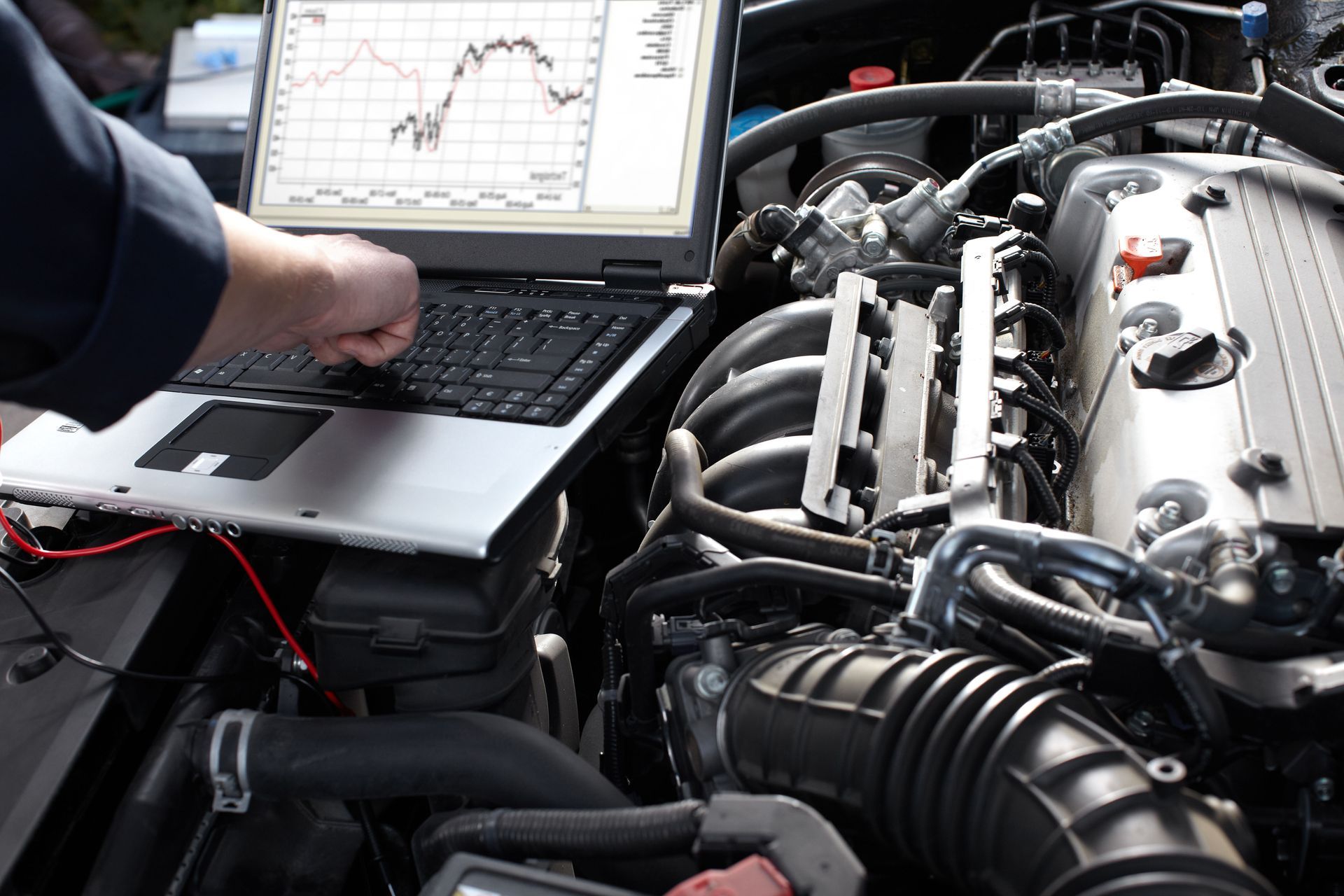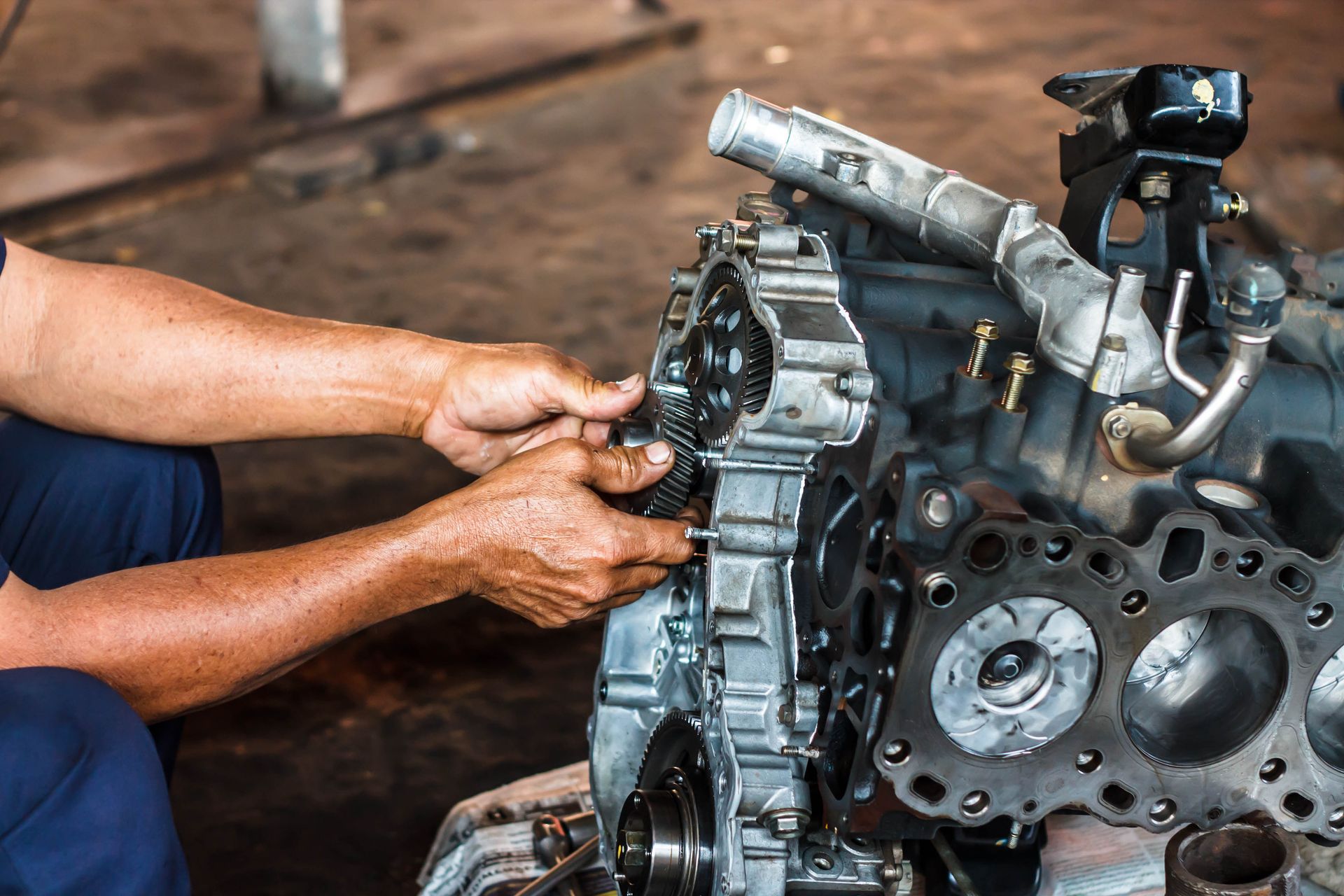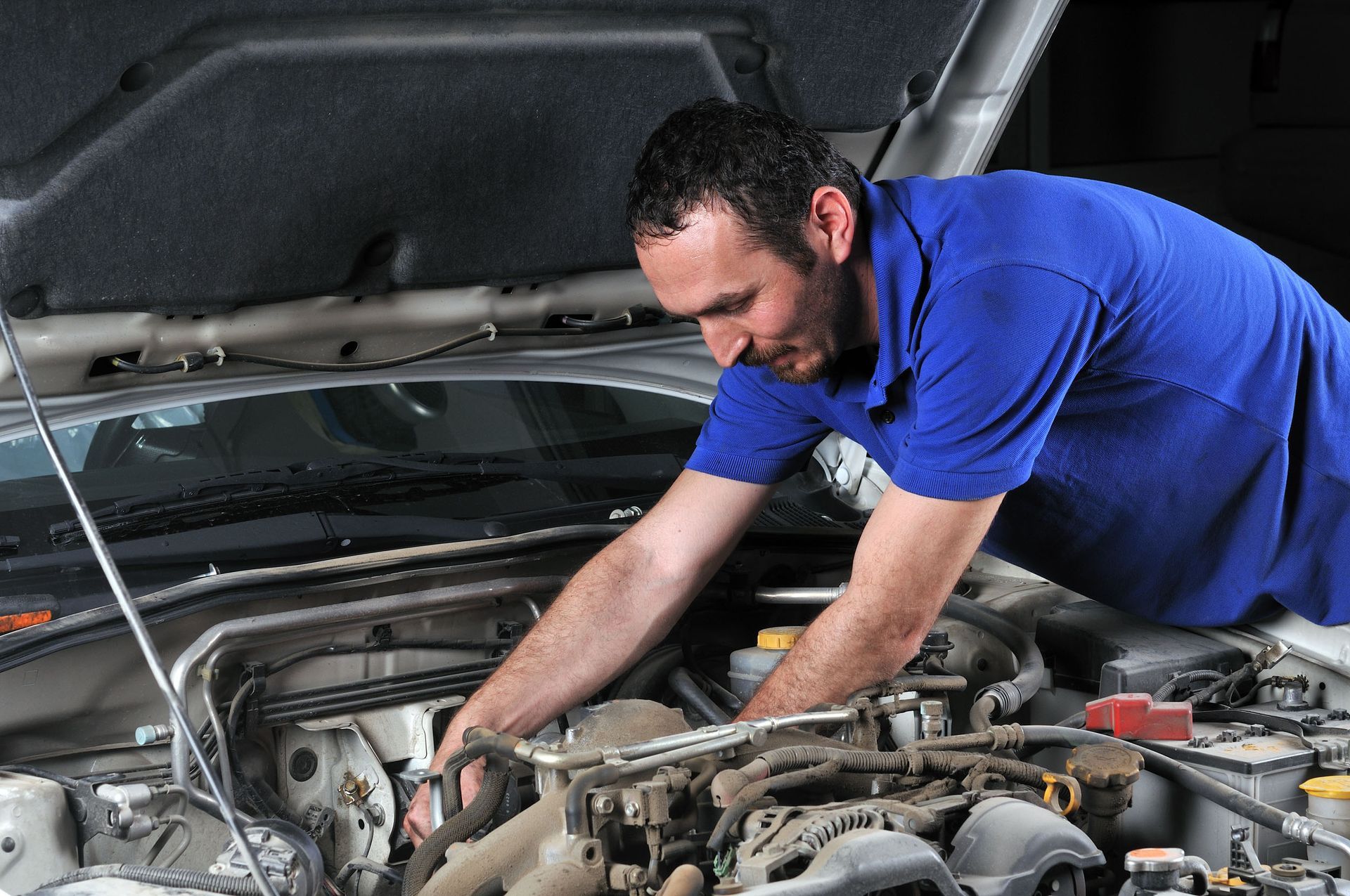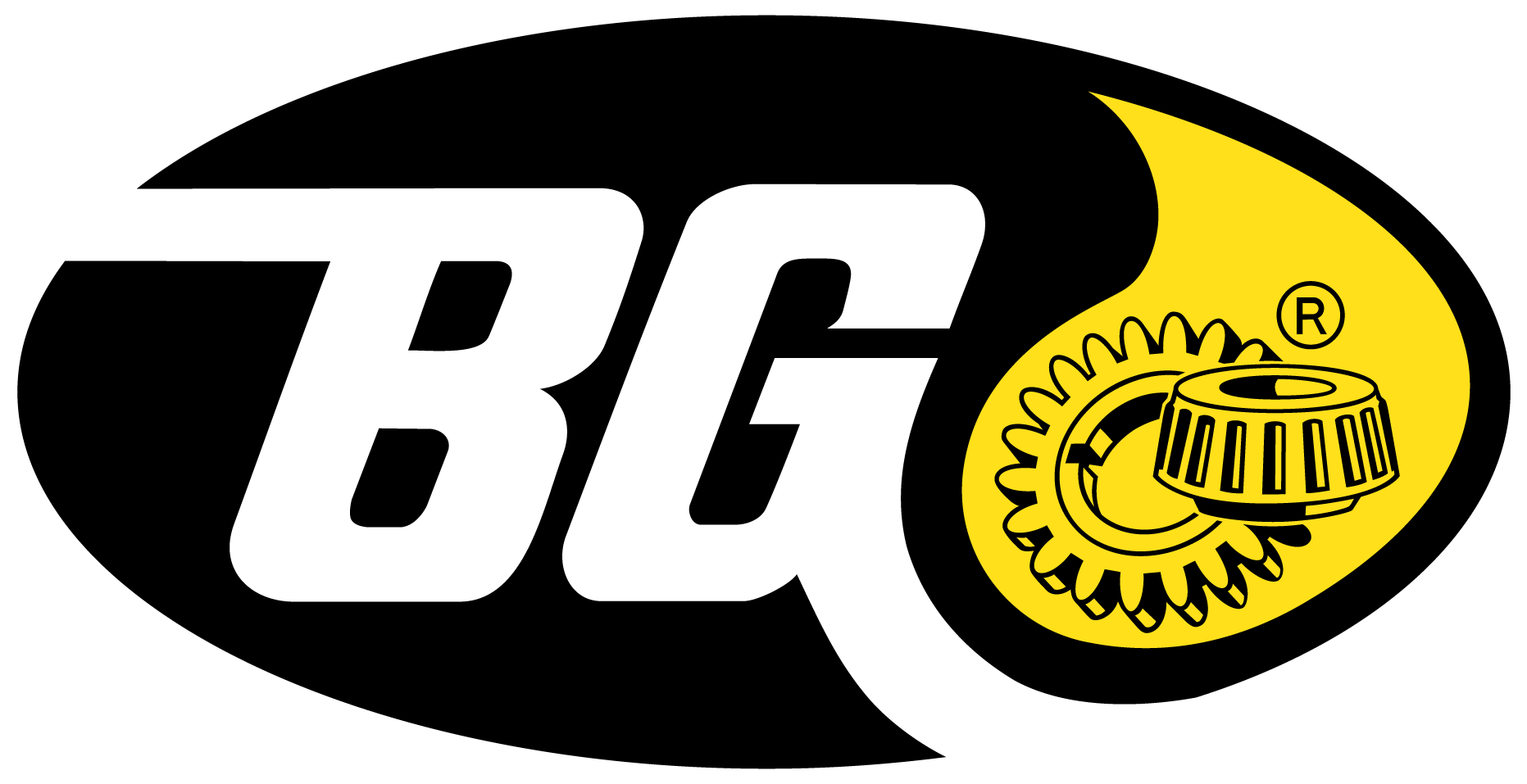3 Auto Maintenance Tasks You Should Never Put Off
In the hustle and bustle of everyday life, it's easy to neglect routine vehicle maintenance. However, keeping your car in good condition is crucial not only for its longevity but also for ensuring your safety on the road. While some automotive maintenance tasks can be delayed without significant consequence, there are critical jobs that should never be postponed. These essential tasks can prevent costly breakdowns, improve your vehicle’s performance, and ensure you remain safe behind the wheel. In this post, we'll delve into three vital auto maintenance tasks that deserve your immediate attention. For reliable local auto repairs, staying informed about these tasks is essential.
1. Performing Regular Engine Oil Changes for Optimal Performance
First and foremost, changing your engine oil regularly is arguably the most crucial maintenance task for your car's health. Engine oil acts as the lifeblood of your vehicle, lubricating, cleaning, and cooling various parts of the engine. Without fresh oil, engine components rub against each other, creating friction that causes wear, overheating, and eventually serious damage. Neglecting oil changes can lead to decreased engine efficiency, increased emissions, and even catastrophic engine failure, which can cost thousands in repairs or replacement.
Most vehicle manufacturers recommend changing the oil every 3,000 to 5,000 miles, although this varies based on driving habits, oil type, and vehicle model. Synthetic oils often allow for longer intervals between changes. Sticking to a regular oil change schedule ensures that your engine runs smoothly and efficiently, prolonging its lifespan and improving fuel economy. Additionally, regular oil changes help prevent the buildup of harmful sludge, which can clog vital engine parts and reduce overall performance. Trust your local auto repair experts to keep you on track.
2. Conducting Timely Brake Inspections and Replacements for Safety
Another critical maintenance task that demands your attention is inspecting and maintaining your vehicle’s braking system. The brakes are arguably the most important safety feature of any car, providing the control needed to avoid accidents and protect yourself, your passengers, and others on the road. Ignoring signs of brake wear or damage can have dangerous, even life-threatening consequences.
Common warning signs that your brakes need servicing include squealing or grinding noises, a vibrating brake pedal, longer stopping distances, or a soft or spongy brake pedal feel. If you notice any of these symptoms, it’s crucial to schedule an immediate brake inspection. Worn brake pads, damaged rotors, or leaks in the hydraulic system are common issues that reduce braking efficiency. Left unaddressed, these problems can result in brake failure or costly damage to the braking components.
Regular brake inspections help identify issues early before they escalate. Depending on your vehicle and driving style, brake pads typically last between 30,000 and 70,000 miles, but regular checks will help you determine when it’s time for replacements. Additionally, brake fluid should be checked and replaced periodically, as contaminated or low fluid levels can impair braking performance. For dependable local auto repairs, don’t wait to have your brakes checked.
Keeping your brakes in top condition is non-negotiable for safety on the road. Ensure you follow your vehicle manufacturer’s recommendations and have a qualified technician inspect your brakes regularly.
3. Performing Routine Spark Plug Maintenance for Engine Efficiency
Spark plugs may not be the first maintenance item that comes to mind, but they play a crucial role in your car’s engine performance. Spark plugs ignite the fuel-air mixture within your engine’s cylinders, driving combustion that powers your vehicle. Over time, spark plugs wear out or become fouled by carbon deposits, which can cause engine misfires, rough idling, poor acceleration, and decreased fuel efficiency. According to Kelley Blue Book, you should have your repair shop check your vehicle's spark plugs at about 30,000 miles.
Most automotive experts recommend inspecting or replacing spark plugs every 30,000 to 100,000 miles, depending on the type of spark plug and your vehicle’s specifications. Regular maintenance of spark plugs helps ensure smooth engine operation, better fuel economy, and lower emissions. Faulty spark plugs can strain your ignition system and catalytic converter, potentially leading to more expensive repairs if left unchecked.
Staying on top of these three essential auto maintenance tasks — oil changes, brake inspections, and spark plug maintenance — is key to ensuring your vehicle’s reliability, safety, and longevity. While it might be tempting to delay or skip these jobs due to a busy schedule or budget concerns, the consequences of neglecting them are often far more costly and dangerous. Routine care not only saves you money in the long run but also gives you peace of mind every time you get behind the wheel. For expert service and dependable local auto repairs, trust the team at Nicholls Performance Transmissions. Schedule your appointment today and keep your vehicle running at its best!















Share On: